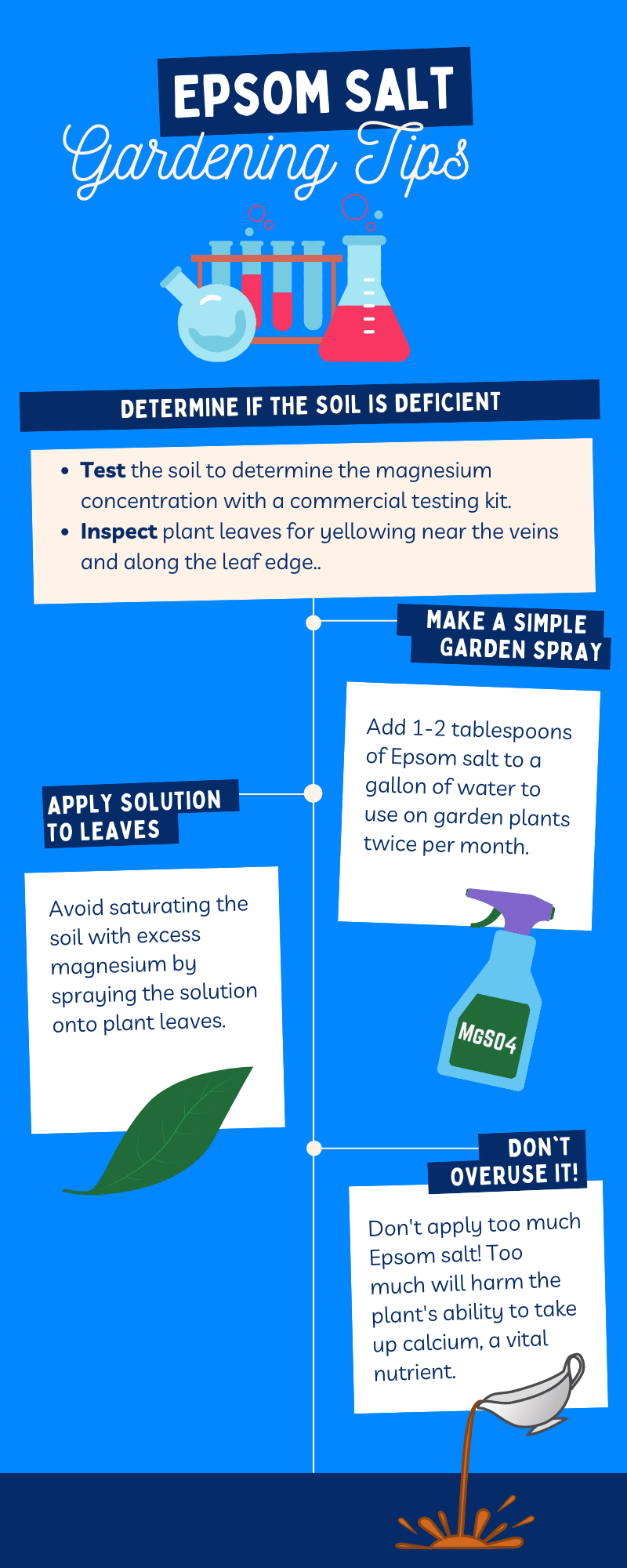Introduction
Epsom salts have gained popularity among gardeners as a natural way to boost plant health and improve garden productivity. Known chemically as magnesium sulfate, Epsom salts provide essential nutrients that many gardens lack. This article explores how Epsom salts can benefit your garden, the proper ways to use them, and expert insights to help your plants thrive naturally.
What Are Epsom Salts and Why Use Them in Your Garden?
Epsom salts are composed of magnesium and sulfur, two vital nutrients for plant growth. Magnesium plays a crucial role in photosynthesis by helping plants produce chlorophyll, while sulfur supports enzyme function and nutrient absorption.
Key benefits of Epsom salts in gardening include:
- Enhanced nutrient uptake: Magnesium improves the absorption of nitrogen and phosphorus.
- Improved seed germination and growth: Sulfur aids in root development.
- Increased flowering and fruit production: Magnesium encourages better blooms and larger yields.
Research shows that many soils lack sufficient magnesium, especially sandy or acidic soils, making Epsom salts a valuable supplement. However, it’s important to test your soil before application to avoid nutrient imbalances.
How to Use Epsom Salts in Your Garden Effectively
Soil Application
Applying Epsom salts directly to soil can correct magnesium deficiencies:
- Test your soil to determine magnesium levels.
- Spread 1 tablespoon of Epsom salts per square foot around plants.
- Mix into the topsoil gently to improve nutrient availability.
- Water thoroughly to help dissolve the salts.
Foliar Spray
Foliar application allows plants to absorb magnesium quickly:
- Mix 1 tablespoon of Epsom salts with 1 gallon of water.
- Spray the solution on leaves early in the morning or late afternoon.
- Repeat every 2-4 weeks during the growing season.
Specific Plant Needs
- Tomatoes and peppers: Benefit from Epsom salts to encourage strong stems and reduce blossom end rot.
- Roses: Improved bloom size and color intensity.
- Houseplants: Promotes greener foliage and efficient nutrient uptake.
Common Questions About Epsom Salts in Gardening
Can Epsom Salts Replace Fertilizer?
Epsom salts supplement magnesium and sulfur but do not provide nitrogen, phosphorus, or potassium. They should be used alongside balanced fertilizers, not as a replacement.
Are There Risks of Overusing Epsom Salts?
Excess magnesium can harm plants by interfering with calcium uptake, leading to nutrient imbalances. Avoid overapplication by following recommended dosages.
Is Epsom Salt Organic?
Epsom salts are naturally occurring minerals and considered safe for organic gardening when used appropriately.
Expert Tips for Incorporating Epsom Salts Into Your Garden Routine
- Always conduct a soil test before adding supplements.
- Use Epsom salts as a targeted treatment for magnesium deficiency.
- Combine with other organic practices like composting for overall soil health.
- Monitor plant response and adjust application frequency accordingly.
- Store Epsom salts in a dry place to maintain effectiveness.
Conclusion
Epsom salts can be a powerful, natural tool to enhance your garden’s health by providing essential magnesium and sulfur. When used correctly, they improve nutrient uptake, promote vigorous growth, and increase flowering and fruiting. However, balance is key—testing soil and following expert guidelines ensures you reap the benefits without risking nutrient imbalances. Consider adding Epsom salts thoughtfully to your gardening routine to see your plants flourish naturally and sustainably.
